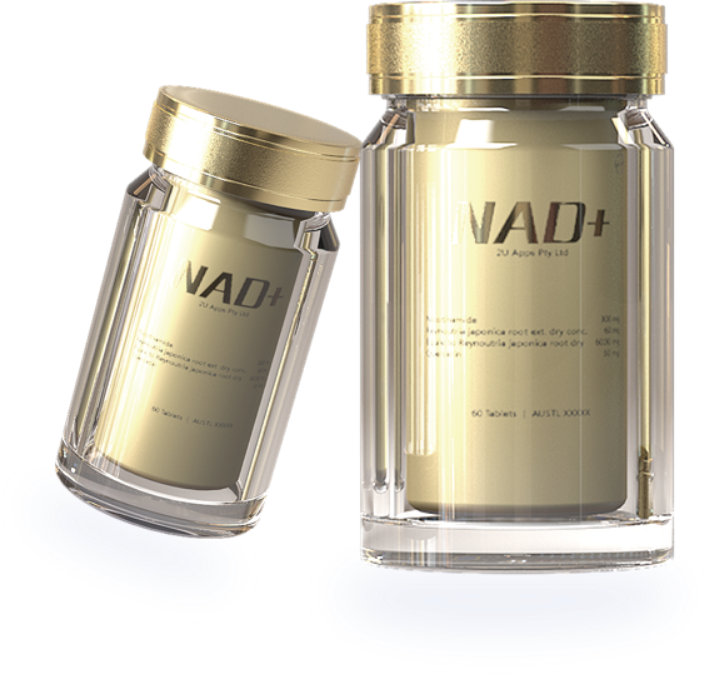
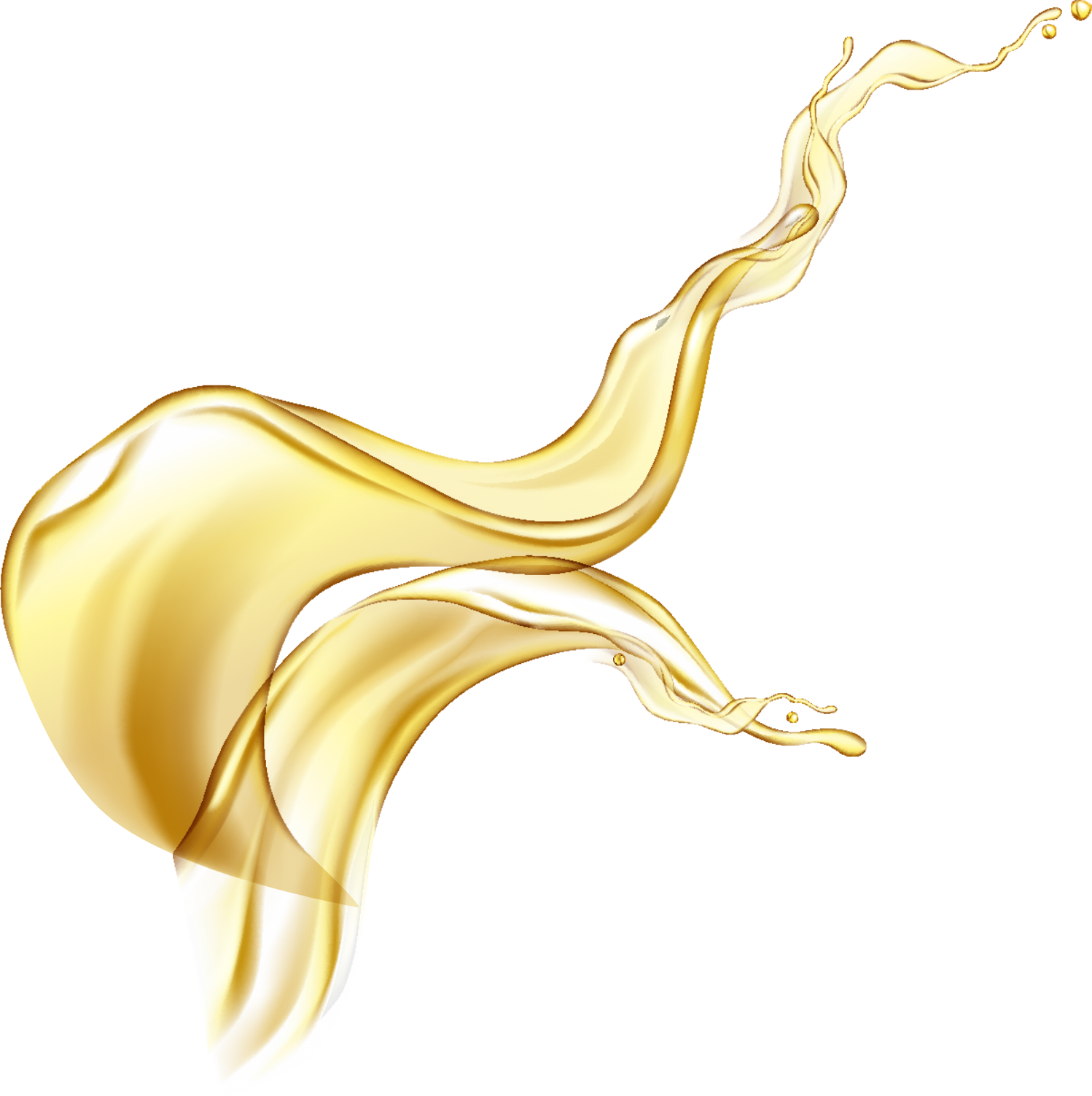
An anti-aging
supplement
NAD+
NAD+ also known as Nicotinamide Adenine Dinucleotide is a coenzyme required for fundamental biological processes that make life possible. it is distributed in all cells of the human body, participating in thousands of biocatalytic reactions in our bodies
Nutrients are converted into
energy thanks to the
compounds in nad.
It acts as an important
participant in metabolism
and acts as an auxiliary
molecule for proteins that
regulate others.

Changes in the levels of
vitamins and minerals in your
body nad play an active role
in keeping them at an
adequate level.
Necessary widely distributed
in all cells of the human body
for the essential biological
processes that make life
possible, Supports thousands
of biocatalytic reactions
Some factors that are part of daily life can cause changes in the levels of vitamins and minerals in your body.
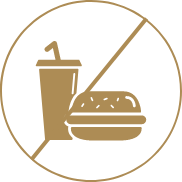
POOR
DIET
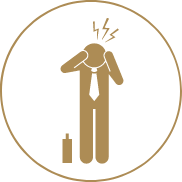
STRESSFUL
BUSINESS LIFE
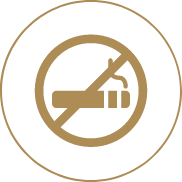
SMOKING
USE
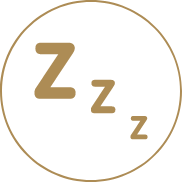
INSOMNIA
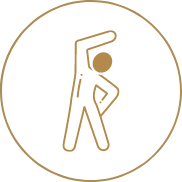
EXERCISE

EXAM
PERIODS
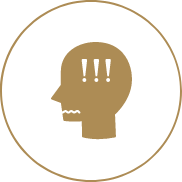
STRESS

CIRCADIAN
DISRUPTION
Euler-Chelpin identified that the structure of NAD+ is made up of two nucleotides, the building blocks for nucleic acids, which make up DNA. It plays a critical role in metabolic processes in humans.
In 1931, the chemists Conrad A. Elvehiem and C.. Koehn identified that nicotinic acid, a precursor to NAD+, was the mitigating factor in pellagra
In 1958. scientists Jack Preiss and Philip Handler defined the Preiss- Handler pathway. The pathway shows how nicotinic acid - the same form of vitamin B3 that helped cure pellagra - becomes NAD+ This helped scientists further understand the role of NAD+ in the diet.
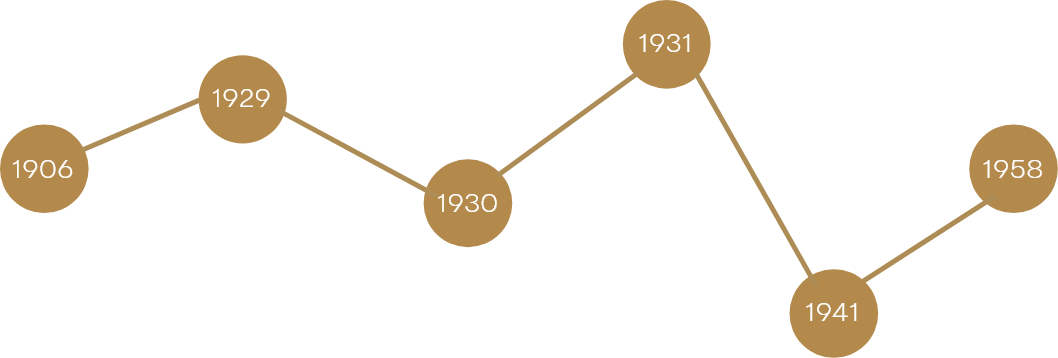
NAD+ was first identified Sir Arthur Harden and William John Young in 1906 when the two aimed to better understand fermentation - in which yeast metabolize sugar and create alcohol and cO2
Euler-Chelpin, in his 1930 Nobel Prize speech, referred to NAD+ as cozymase, what it was once called, touting its vitality. Otto Heinrich Warburg - known for "the Warburg effect" - pushed the science forward in the 1930s. With research further explaining NAD+ playing a role in metabolic reactions.
Arthur Kornberg, who later won the Nobel Prize for showing how DNA and RNA are formed, discovered NAD synthetase, the enzyme that makes NAD+ in 1941. This research marked the beginning of understanding the building blocks of NAD+.
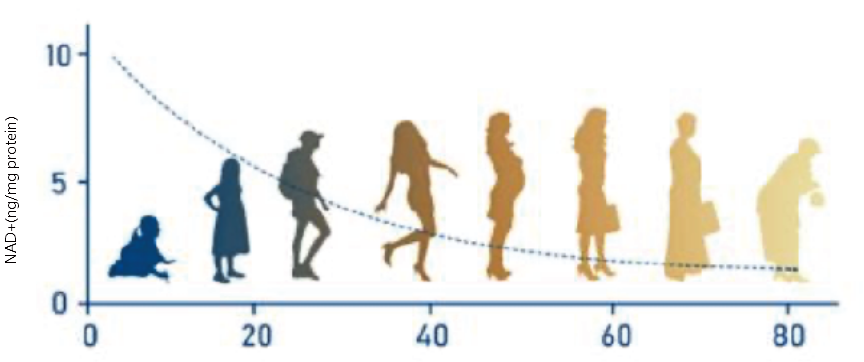
NAD+ was first identified Sir Arthur Harden and William John Young in 1906 when the two aimed to better understand fermentation - in which yeast metabolize sugar and create alcohol and cO2
Euler-Chelpin identified that the structure of NAD+ is made up of two nucleotides, the building blocks for nucleic acids, which make up DNA. It plays a critical role in metabolic processes in humans.
Euler-Chelpin, in his 1930 Nobel Prize speech, referred to NAD+ as cozymase, what it was once called, touting its vitality. Otto Heinrich Warburg - known for "the Warburg effect" - pushed the science forward in the 1930s. With research further explaining NAD+ playing a role in metabolic reactions.
In 1931, the chemists Conrad A. Elvehiem and C.. Koehn identified that nicotinic acid, a precursor to NAD+, was the mitigating factor in pellagra
Arthur Kornberg, who later won the Nobel Prize for showing how DNA and RNA are formed, discovered NAD synthetase, the enzyme that makes NAD+ in 1941. This research marked the beginning of understanding the building blocks of NAD+.
In 1958. scientists Jack Preiss and Philip Handler defined the Preiss- Handler pathway. The pathway shows how nicotinic acid - the same form of vitamin B3 that helped cure pellagra - becomes NAD+ This helped scientists further understand the role of NAD+ in the diet.

01
French scientist Pierre Chambon identified a process called Poly ADP. ribosylation, where NAD+ is broken down into two component parts, one of which (nicotinamide) gets recycled. While the other (ADP-ribose) meets up with a protein.
02
NAD+ helps turn nutrients into energy as a key player in metabolism. Sirtuins only created a clear link between sirtuins and metabolism.
03
Sirtuins is referred as "guardians of the genome" for their role in regulating cellular homeostasis, and cause aging. Extends yeast lifespan only happens when it is activated by NAD+.
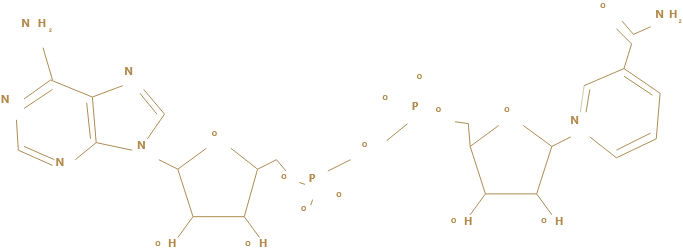
NAD+ also known as Nicotinamide Adenine Dinucleotide is a coenzyme required for fundamental biological processes that make life possible. it is distributed in all cells of the human body, participating in thousands of biocatalytic reactions in our bodies.
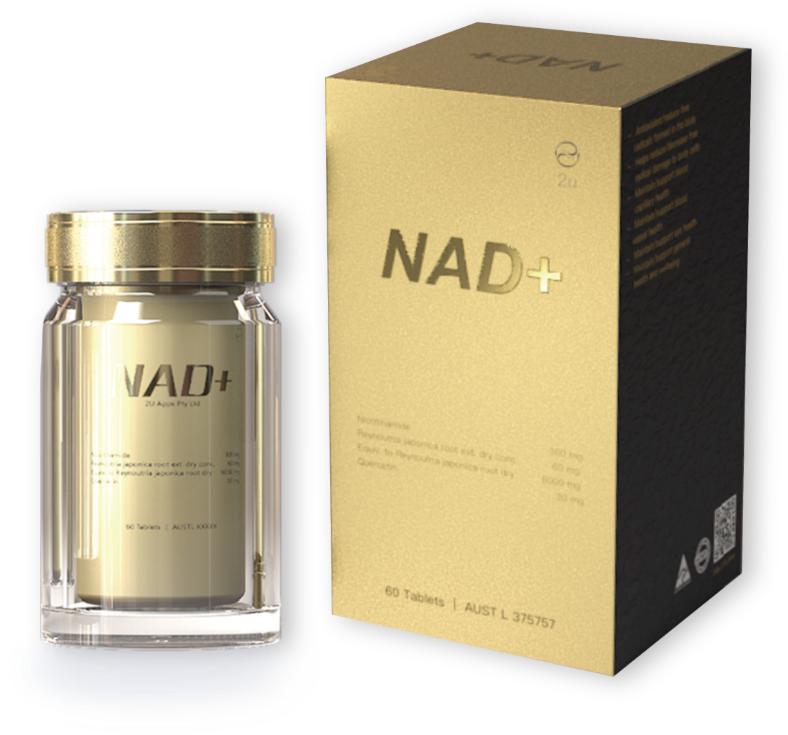
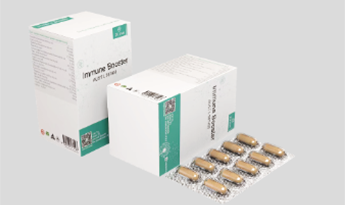
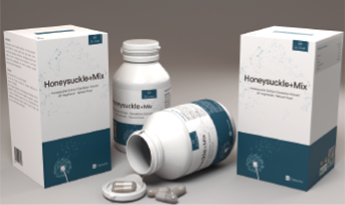
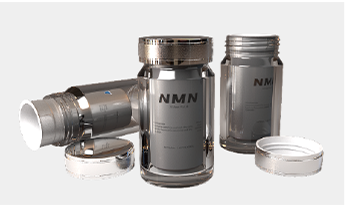

3 capsules each time, 3 times daily
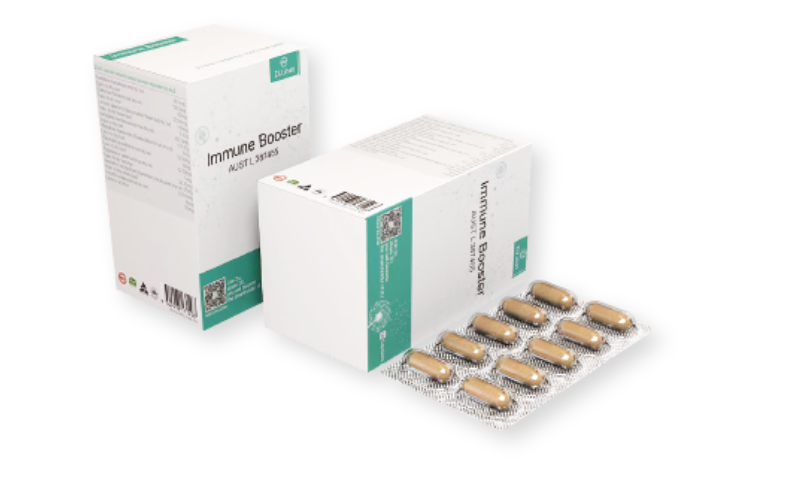
Immune Booster concentrates 9 herbals into a tiny capsule to give a strong formulation, which help to maintain and support healthy immune system function and relieve symptoms of common cold, also traditionally used in Herbal medicine:

3 capsules each time, 3 times daily
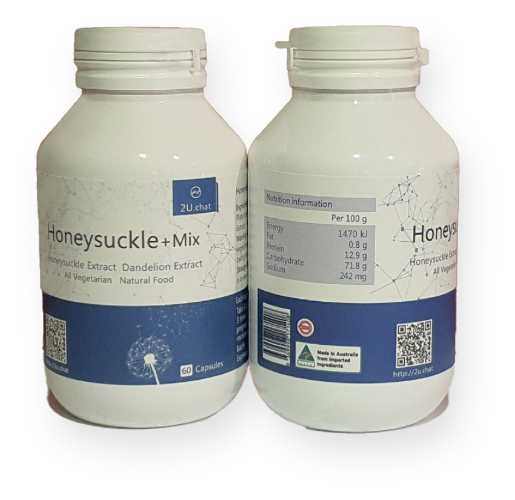
Honeysuckle+mixture has a good preventive effect on the disease. It can enhance immunity, effectively prevent and treat diseases, and accelerate the recovery of disease patients.

1 capsules each time, once a day
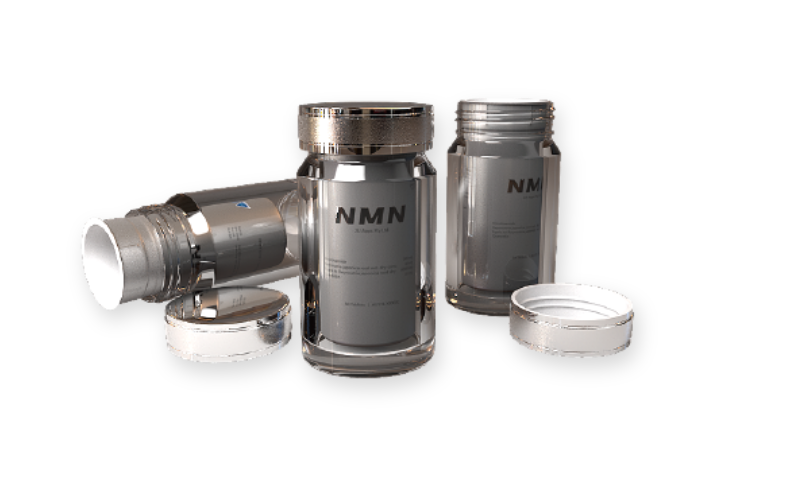
It is a naturally occurring bioactive nucleotide. It is widely involved in many biochemical reactions of the human body and is closely related to immunity and metabolism. The substances inherent in the human body are also rich in some fruits and vegetables. NMN is the direct precursor of NAD+in human body, and its function is embodied through NAD+.